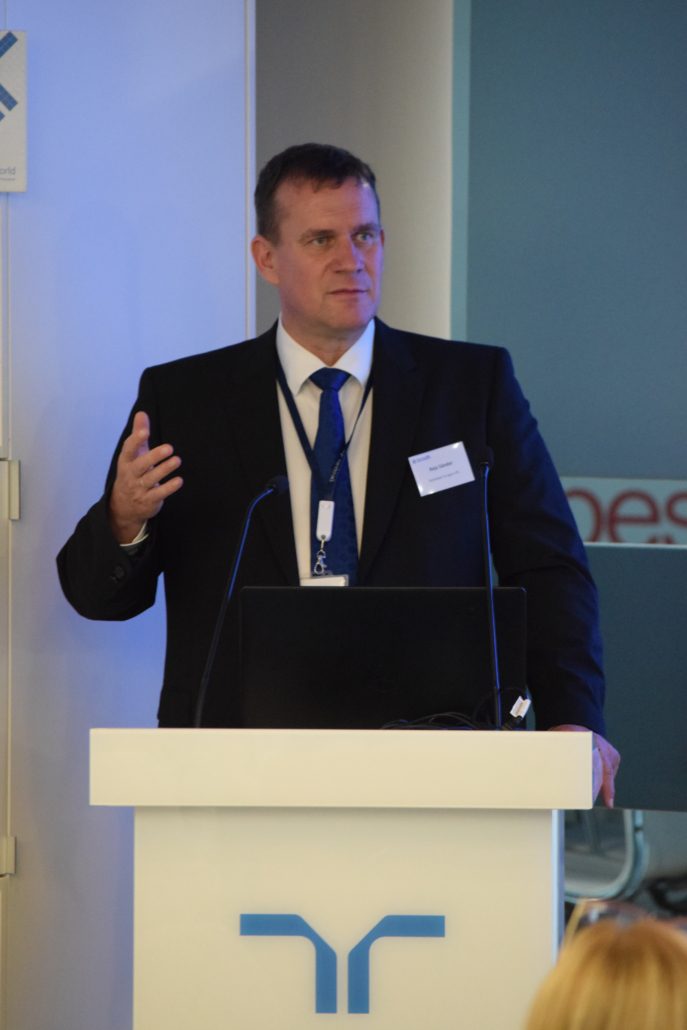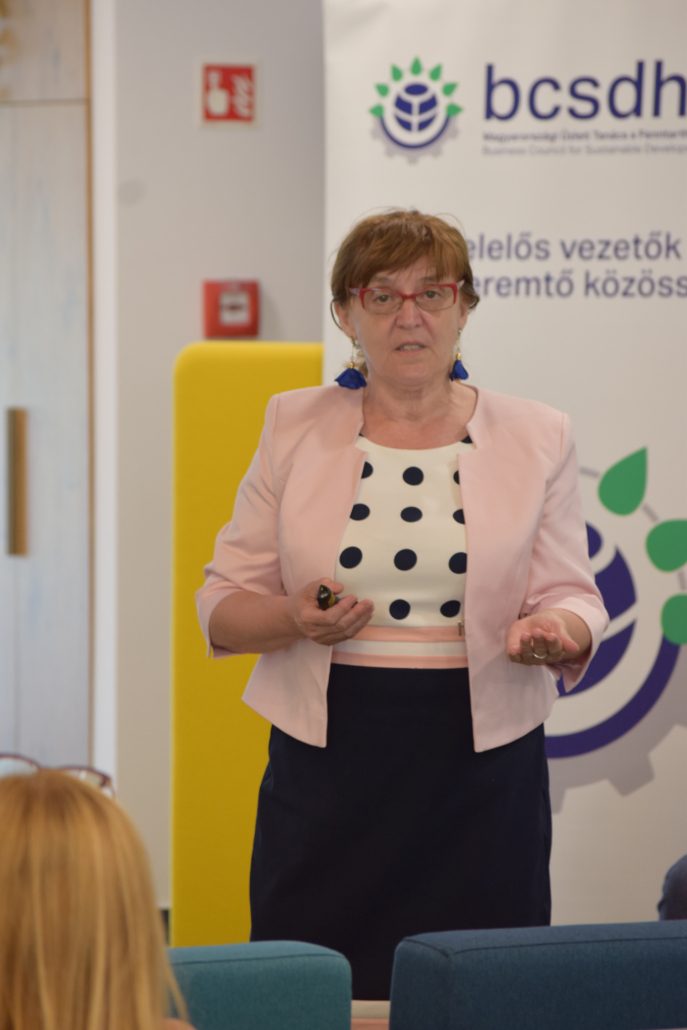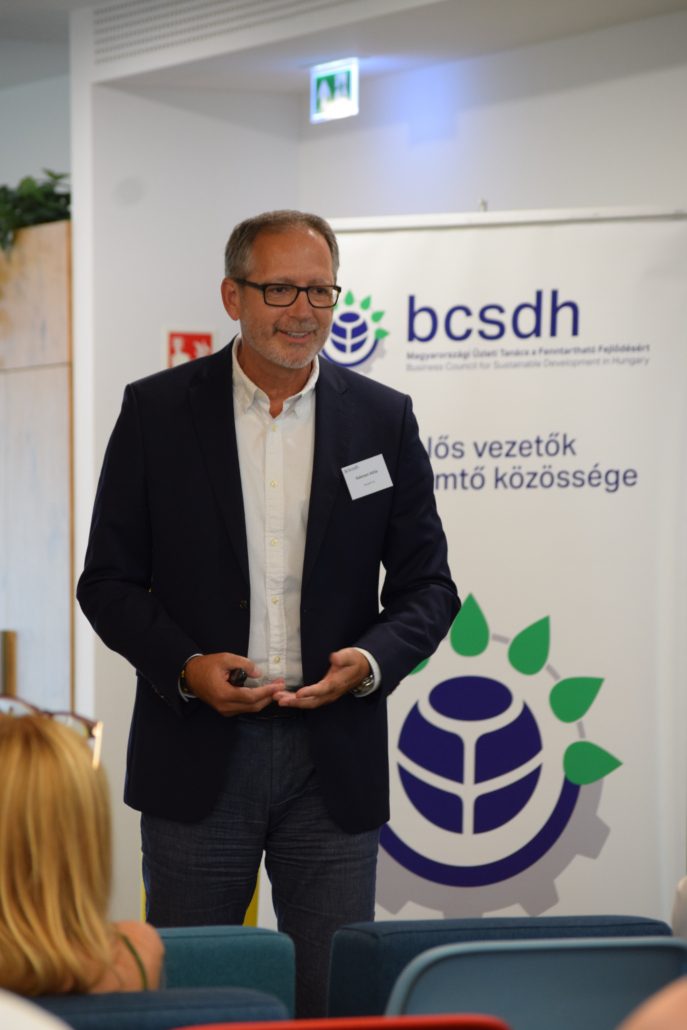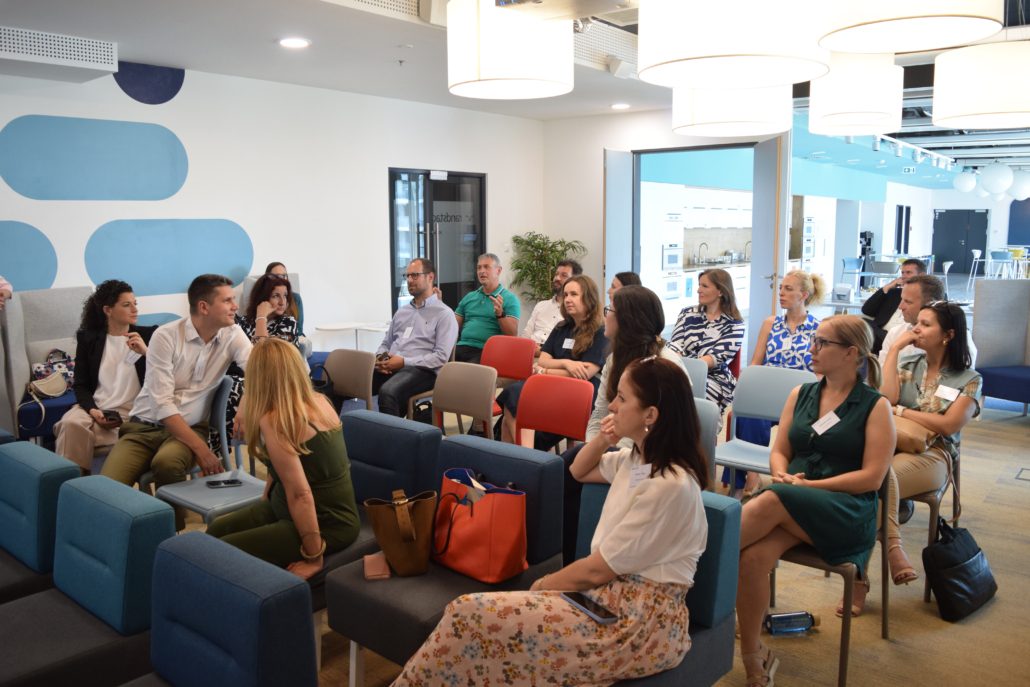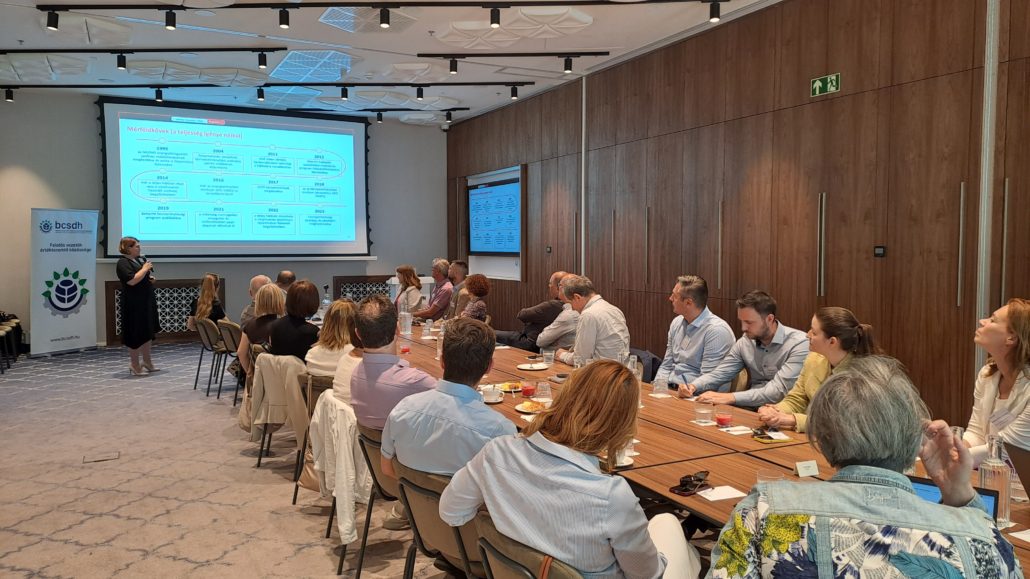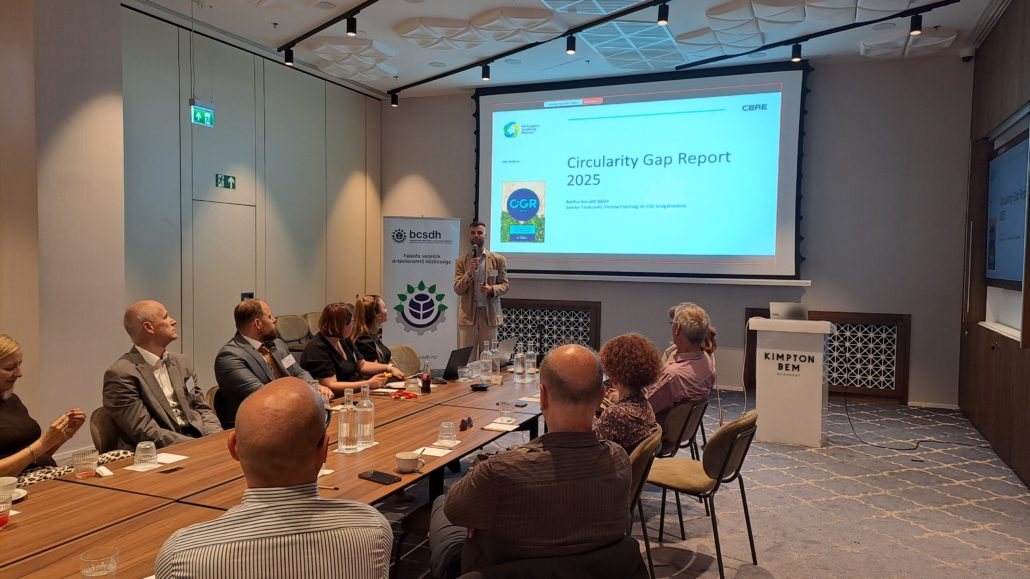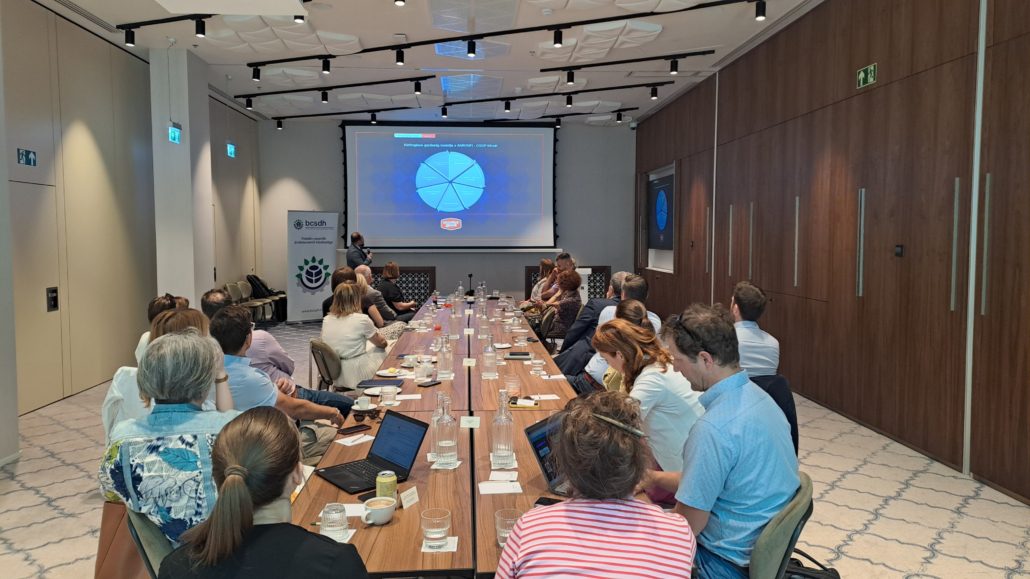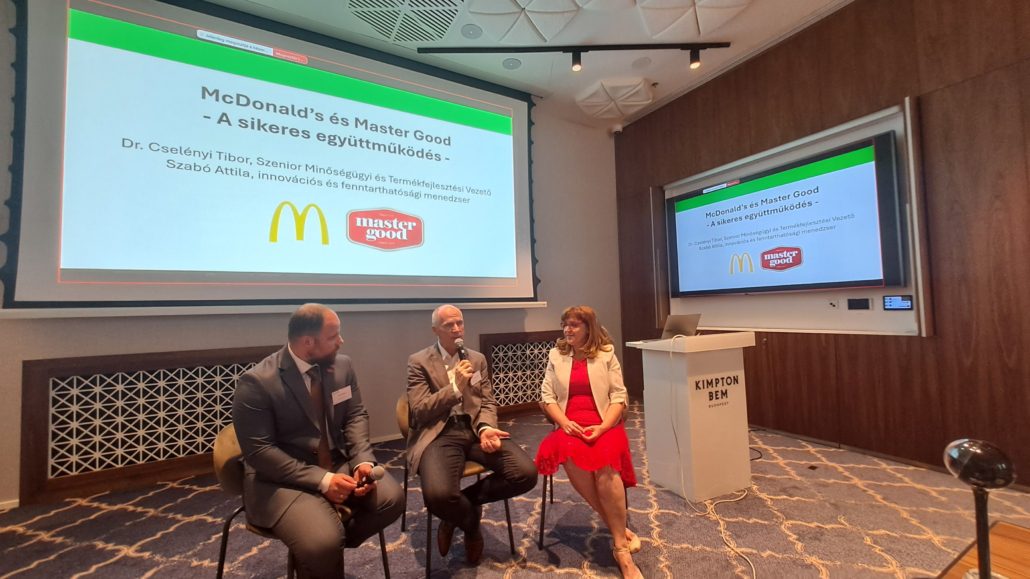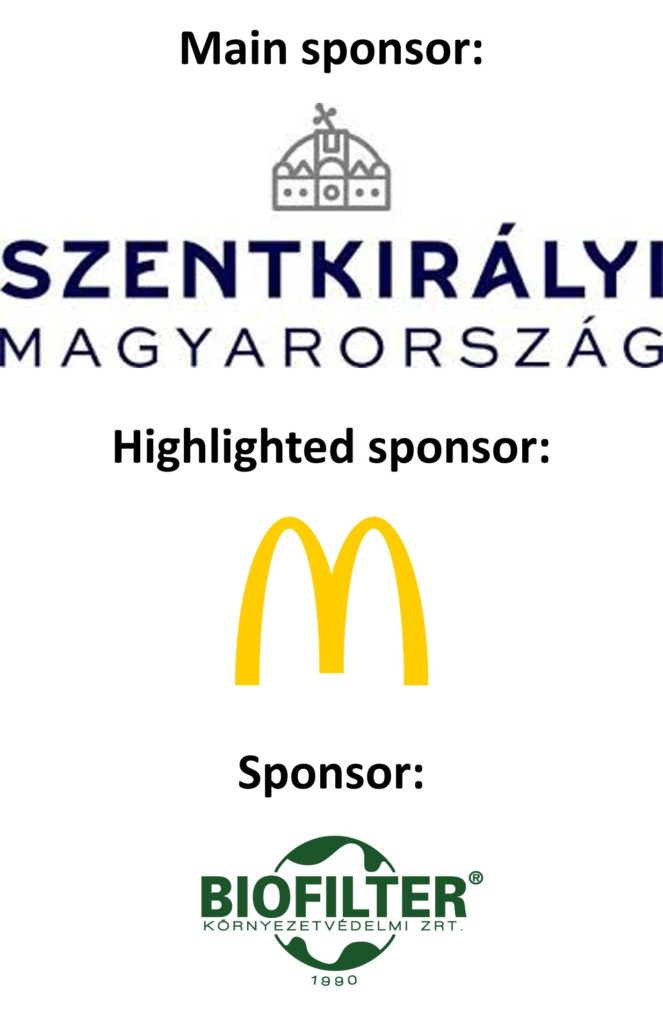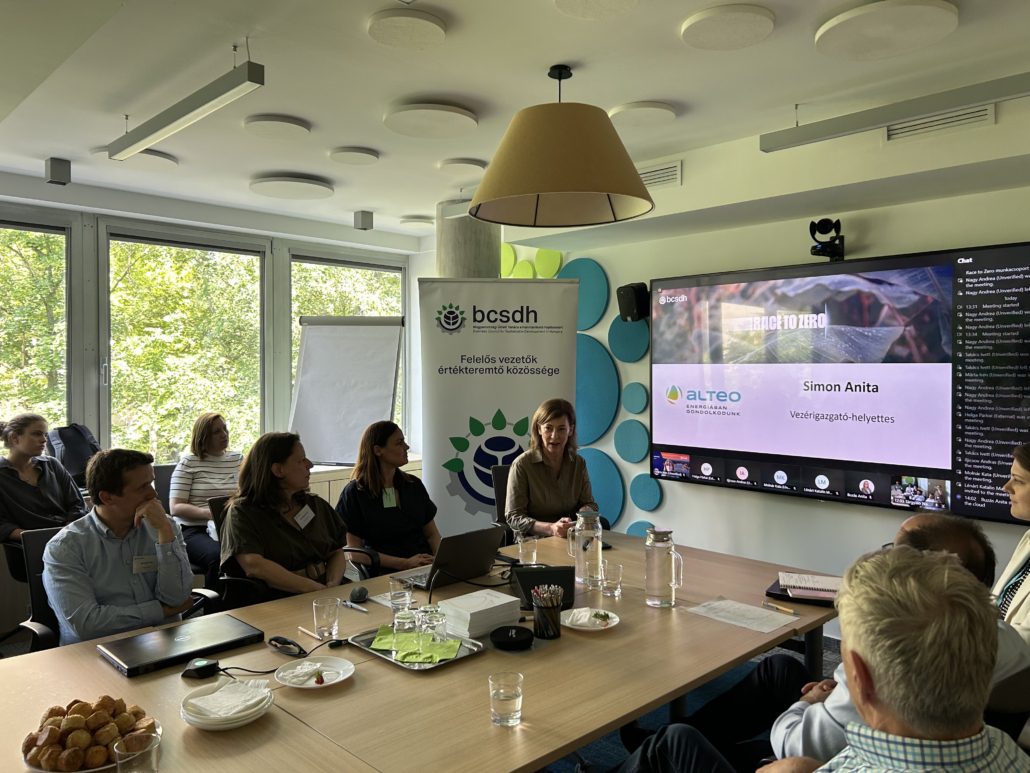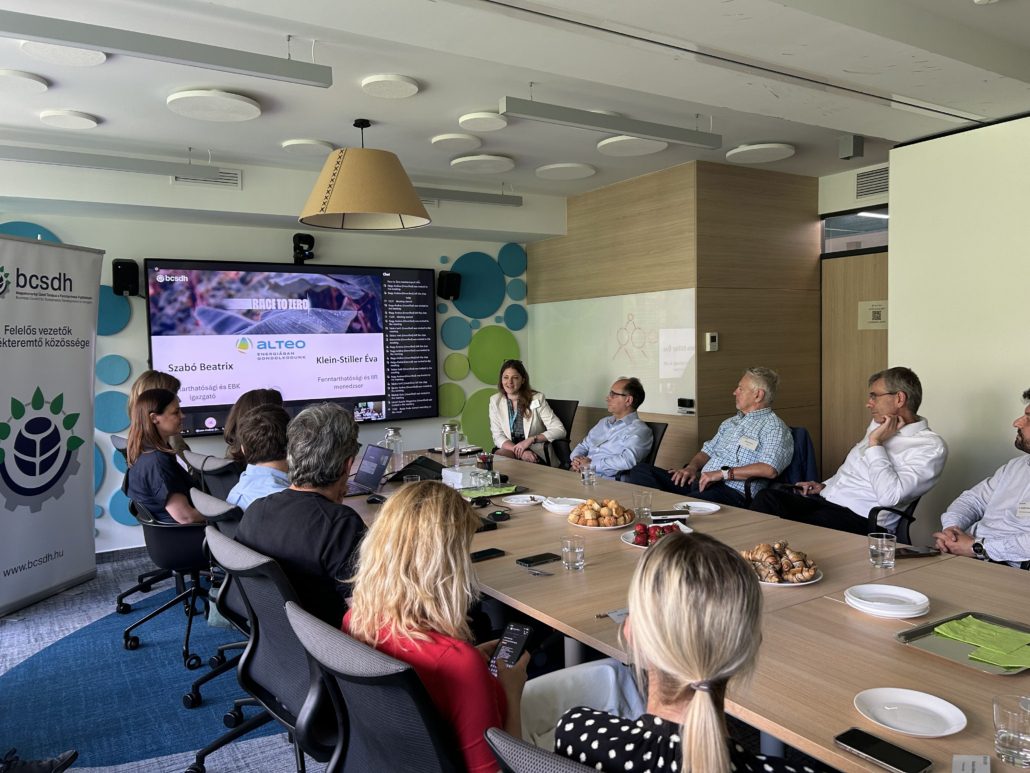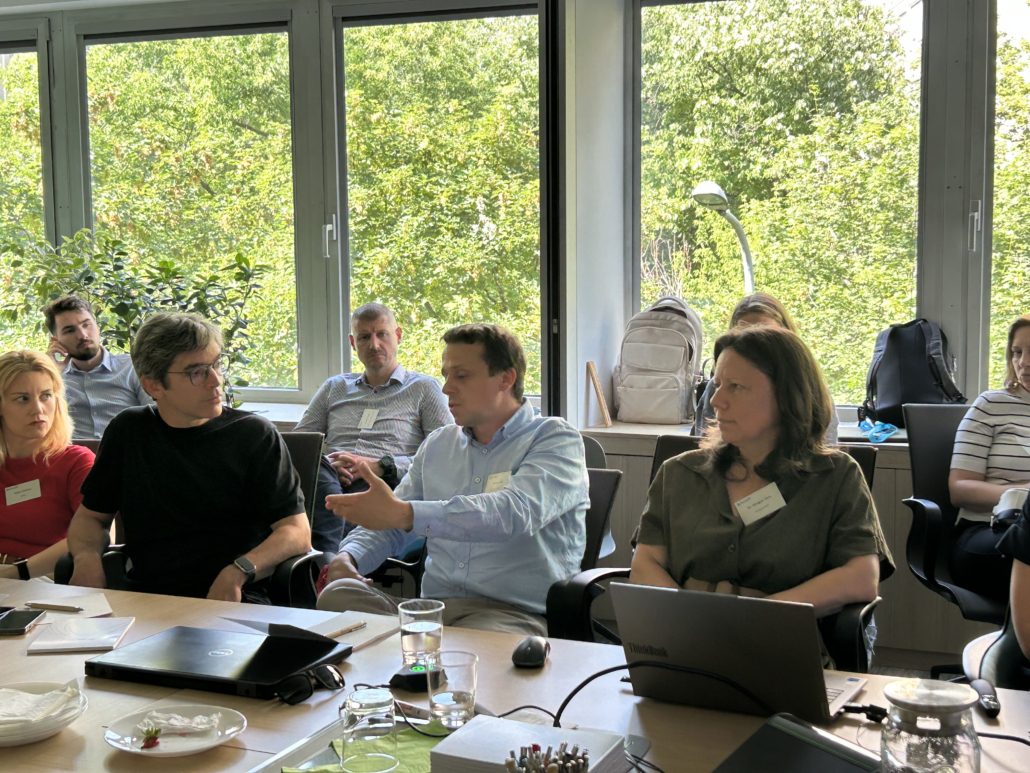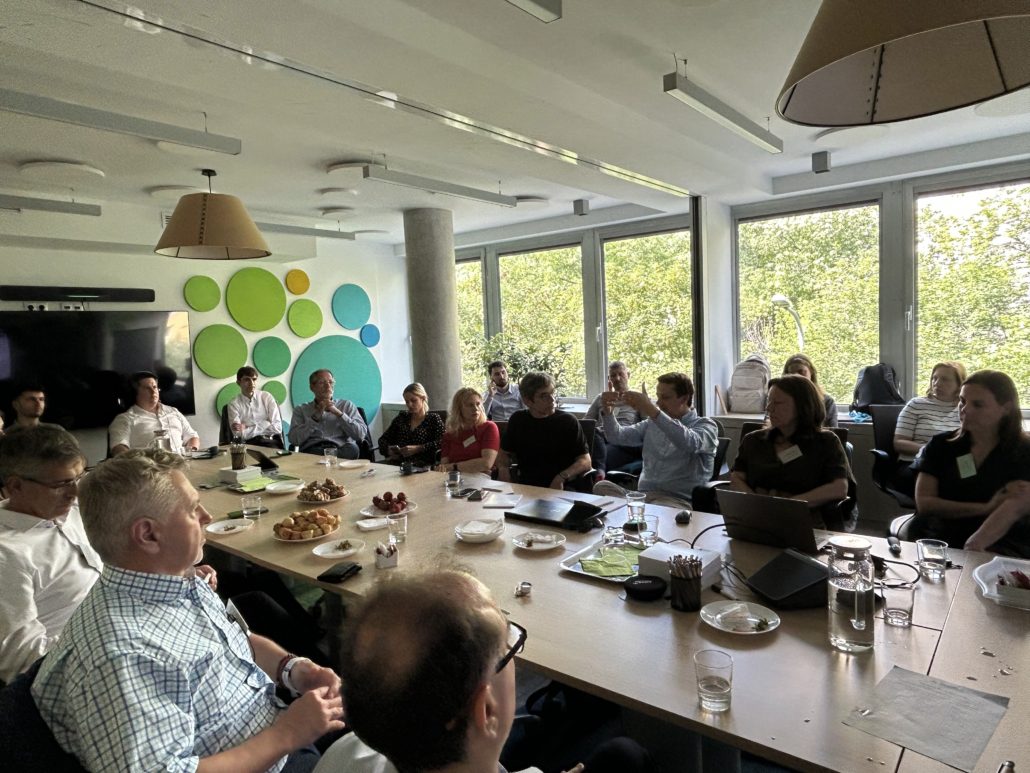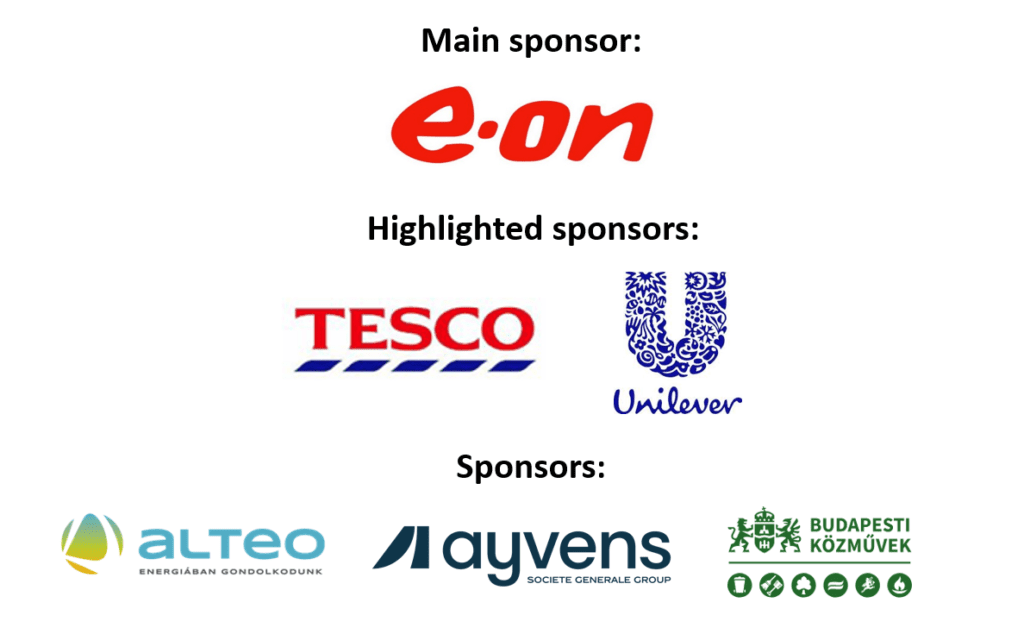The final days of the Parliament’s spring session were closely followed by ESG-focused professional organizations, as the National Assembly voted on the amendment to the ESG Act on 17 June.
The final text was published in the 19 June issue of the Magyar Közlöny (Official Gazette of Hungary).
What does the final text include?
Narrowed Scope of Applicability
As expected, the scope of companies subject to the ESG Act has been significantly reduced.
Following the entry into force of the amendment, according to Section 1 (1) b) of the Act, the obligations apply only to large enterprises that:
- carry out their main activity in one of the sectors listed in the Annex to the ESG Act, and
- have an annual net revenue exceeding HUF 90 billion, and
- employ at least 500 people as of the balance sheet date of the financial year.
Public interest small and medium-sized enterprises (SMEs) are now exempt from the Act.
Reporting Simplifications
ESG reports covering the financial years 2024, 2025, and 2026:
- no certification is required,
- no submission to the ESG Authority is required,
- and no public disclosure is required.
However, affected companies are still obliged to prepare the ESG report during these years, which must be approved by the company’s executive body.
Data Provision Requirements
Until 30 June 2027, micro and small enterprises cannot be required to provide ESG-related data and may not commit to doing so via contracts or written declarations.
(This restriction also applies to medium-sized enterprises.)
SMEs can fulfil their ESG data provision obligations by obtaining an ESG rating from the state-appointed ESG certifier.
That said, companies subject to the ESG Act may still reach out to their suppliers using questionnaires, so it is advisable for SMEs to continue collecting ESG-related data.
Refined Corrective Measures
Instead of the previous 3-month period, companies are now only required to suspend business relations with a direct supplier for 30 days in case of failed corrective actions.

